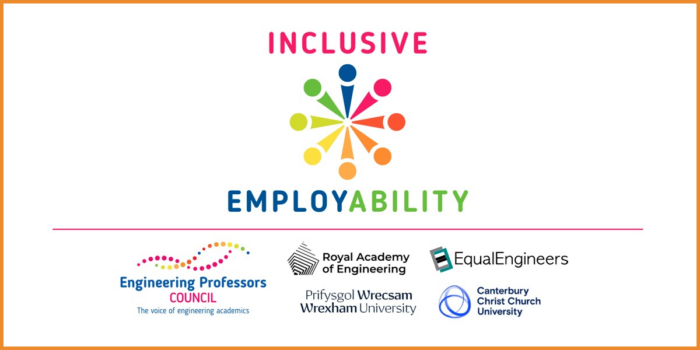By Kate Webster, the Engineering Council
Engineering students at university are in the ideal place to learn and develop – encouraging them to become professionally registered puts them on a path to continue that development throughout their careers.
Despite the continuing skills shortage, not all engineering students go on to work in engineering, perhaps because of the high profile on campus of financial services and consulting firms, or a lack of information about what engineering roles are available. Among respondents to the Engineering Brand Monitor, pay was the second most important factor when deciding upon a career – the most important was it being something they were interested in. Yet only 20% of 11-19 year olds could accurately identify the broad salary range for graduate engineers, with three in five choosing a pay band that’s considerably lower than the average.
Professionally registered engineers earn higher average salaries in every industry sector and at all levels of seniority than those who’re not registered, according to a recent salary survey; the difference in the Chemical and Pharma/Medical sector is almost £12,000 a year. Importantly, registrants make a commitment to maintaining and enhancing their competence that both helps make them better engineers and ensures that employers, clients and the public can feel confident in their expertise.
Engineers looking to start their career need qualifications, credibility with employers, international mobility, access to development opportunities, contacts and networks. As they work towards achieving academic qualifications, professional registration can support them with all these aspects of employability, offering an independent assessment of their competence that can improve their career prospects and increase their earning potential. Achieving registration is simplest for those with accredited qualifications, but is open to any practising engineer who can demonstrate the required competence.
Joining one of the professional engineering institutions is a first step towards professional registration and brings its own benefits. Student membership is usually free and students can join more than one institution, if it’s relevant to their interests or area of study. Membership can offer exposure to careers in engineering and access to professional networks, supporting students in finding the right engineering field for them and securing a job. When a student/graduate engineer’s ready to think about professional registration, their institution will be able to support them and advise on the best way forward.
Working towards professional registration provides a framework for professional development and is a structured way to develop competence in areas including communication and inter-personal skills, management and leadership. These can be as important as technical engineering skills, particularly when working in inter-disciplinary teams. Registrants tell us that registration has increased their credibility, helped them gain promotion or win more business, and the commitment registrants make to work in an ethical, sustainable way is likely to become increasingly important as technology advances.
Encouraging your students to consider professional registration could help point them towards an career in engineering, give them a framework for lifelong learning and boost their earning potential. For more information, see the Engineering Council’s guide to making the transition from student to professional is available online (or in hard copy, from marketing@engc.org.uk).




